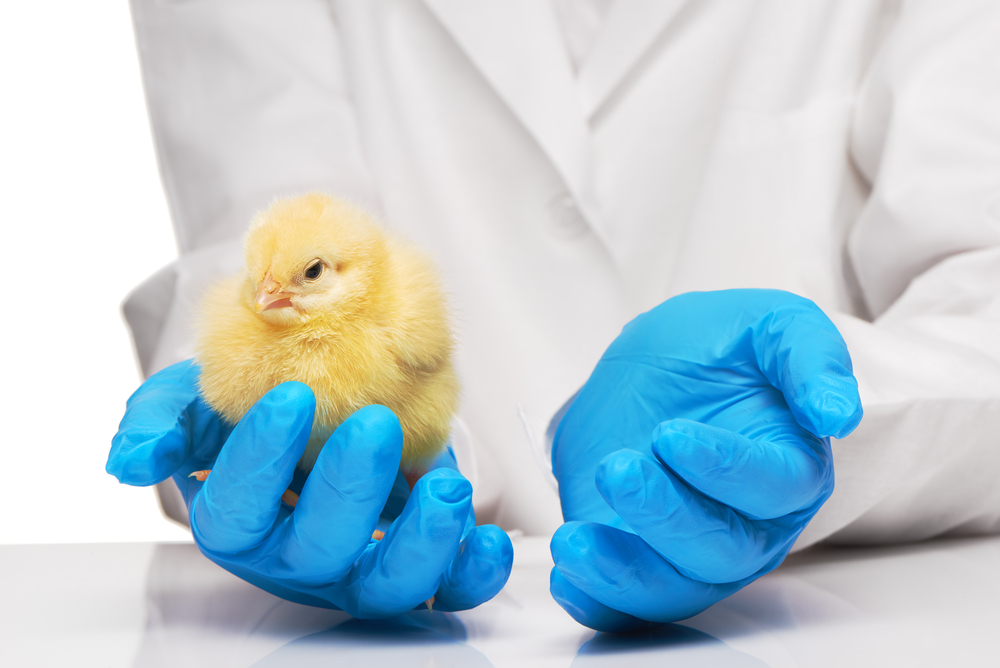Why Your Senior Pocket Pet Should Get Wellness Exams Often

The term pocket pet is used to refer to small mammals that are often seen kept as family pets.
While there are many different types of pocket pet, some of the most common include hamsters, mice, rats, gerbils, chinchillas, degus and guinea pigs. As you can probably imagine, generally speaking these little creatures have much shorter lifespans than larger domestic pets like cats and dogs. The majority of the animals listed above will live less than 5 years, with the main exception being chinchillas which, with the right care, can live as long as 20 years.
Pocket pets have shorter lives than other types of pet
Since most pocket pets have a limited lifespan, the usual age-related changes to their body that you might expect occur much more rapidly. While regular wellness examinations benefit all pets regardless of their species and age, it is particularly important for pocket pets and especially senior pocket pets to ensure that they have these checks carried out. When your pocket pet reaches her golden years, our vet may recommend that you have preventative wellness care checks every few months. To your pocket pet, this is the equivalent of an elderly human's adult wellness exam.
Pocket pets are just as likely to become sick as larger animals
Not only are our pocket pets just as likely to become sick as our cats, dogs and ferrets, they too suffer from the same age-related health problems that typically affect humans and large domestic pets. These include:
- Arthritis
- Diabetes
- High blood pressure
- Heart disease
- Thyroid problems
- Cancer
- Kidney or liver disease
Neurological changes that trigger problems with memory, concentration, coordination and balance
Since your pet's body changes more rapidly, the onset of these illnesses may occur very suddenly and with little warning, unless of course your furbaby has regular wellness exams. This is because these exams give our vet the opportunity to monitor the health and well-being of your pocket pet, tracking any changes that might indicate that a problem is developing.
What do pocket pet wellness exams involve?
Although your pet may be a lot smaller than a cat or dog, and almost certainly doesn't have as much freedom, the majority of her wellness checks will be exactly the same as if she were a bigger species. These tend to fall into two categories.
Physical examination
As the name suggests, this is a top to tail assessment of your pet's body that is performed by our vet. While not all illnesses present with physical symptoms, some do and things like unusual lumps or bumps, coat changes or swellings could be indicative of underlying health problems. During this examination, your pet's heart rate, breathing, lymph nodes and joints can be checked, as well as her ears, eyes and mouth.
Laboratory testing
Sometimes blood work and other laboratory testing is the only way to identify if your pet is unwell and exactly what is wrong with her. Blood tests usually comprise of a complete blood count, to check that she isn't anemic and a white blood cell count as raised numbers of white cells would indicate she is already fighting illness. Your pet will also have a chemistry panel which is used to check the function of her major organs to ensure all of her bodily systems are working as they should be.
Most vets will also include urinalysis as part of your pocket pet's wellness exams. These assess the health of your pet's urinary tract as well as giving our vet an insight into your pet's kidney and bladder function. Our vet may also request fecal testing which will check for parasite infestations and provide an insight into your pet's digestive health.
Exactly what is included in your senior pocket pet's wellness testing will vary between veterinary practices. However, if you would like to book in a truly comprehensive wellness exam for your older pocket pet, please do not hesitate to contact our veterinary offices in Columbus, NC.





